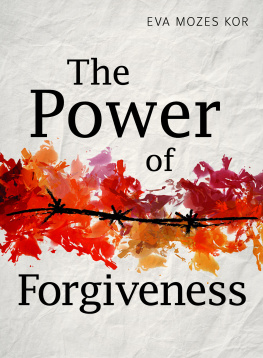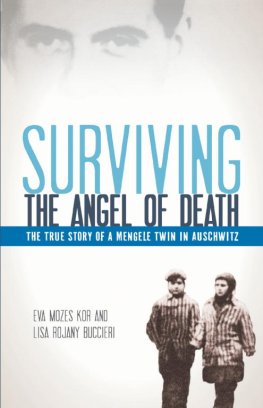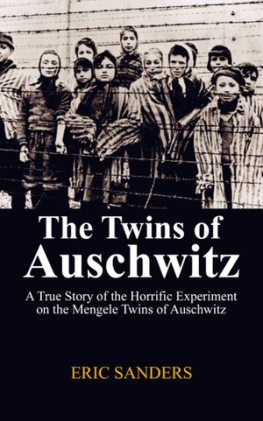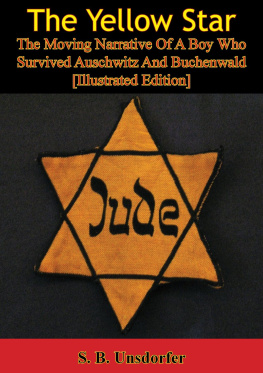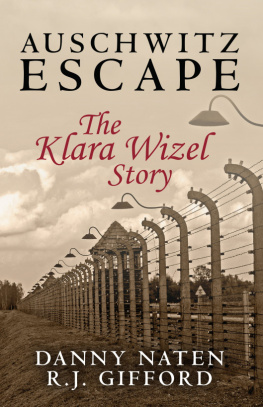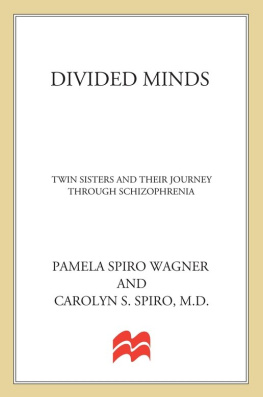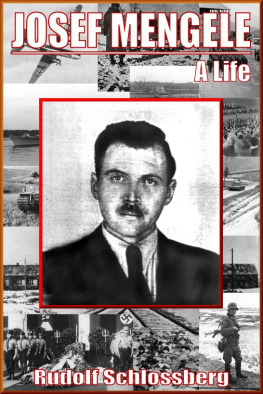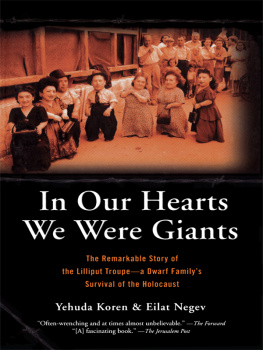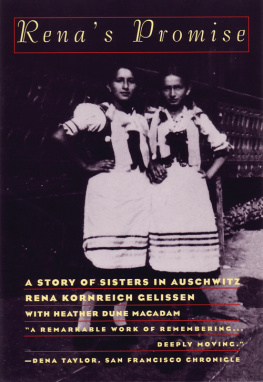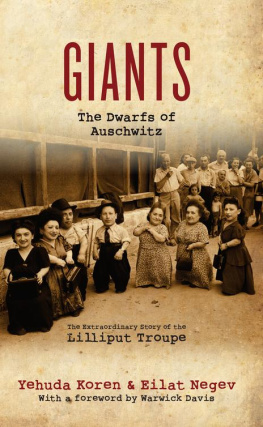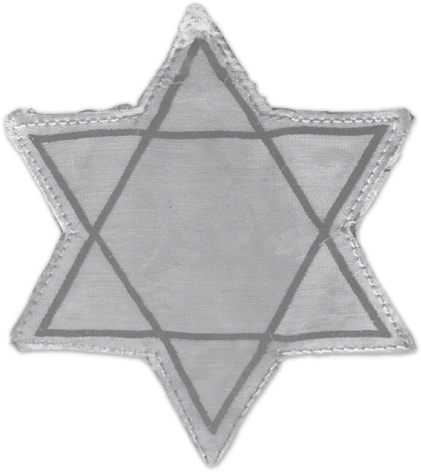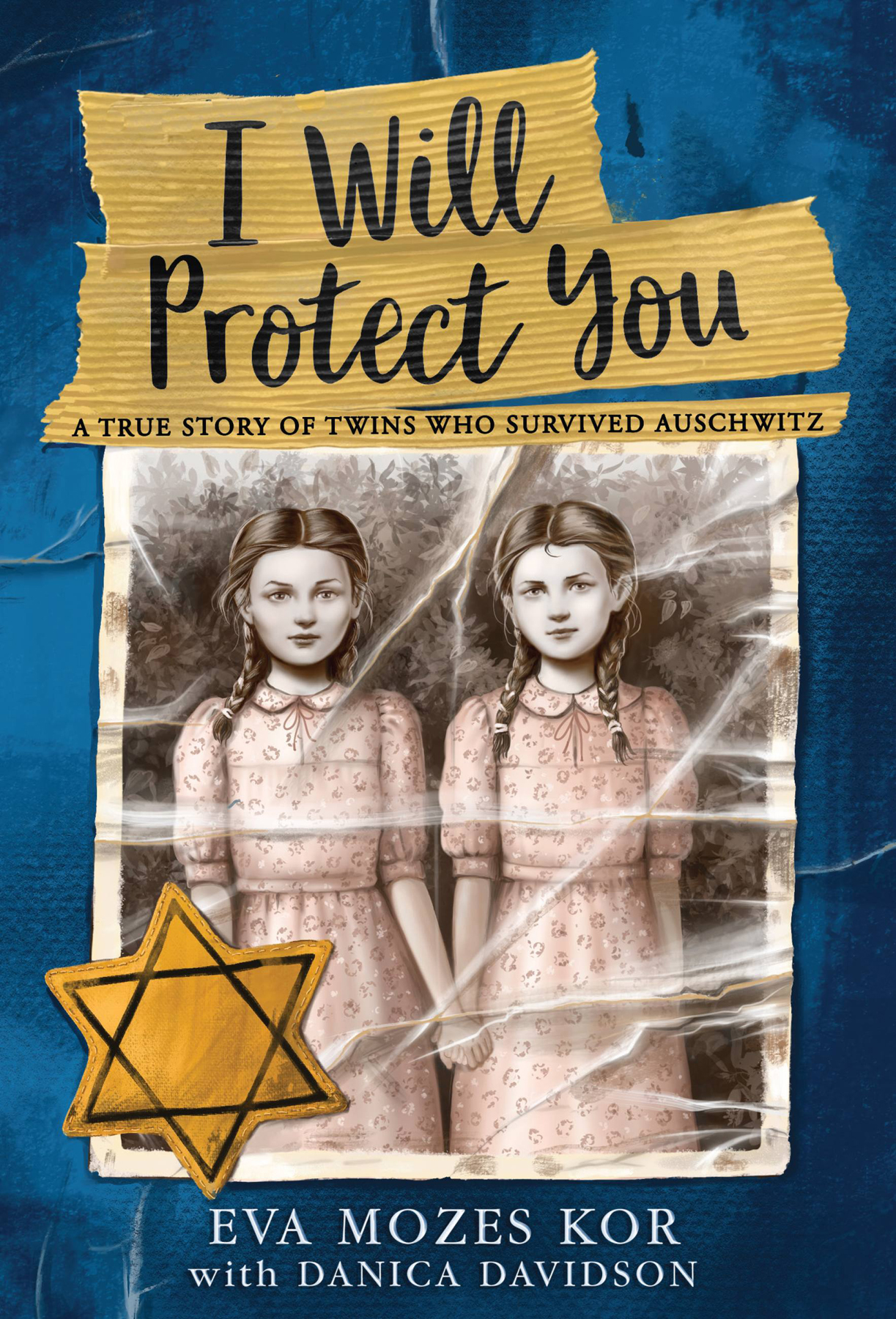
Copyright 2022 by Eva Kor and Danica Davidson
Cover art copyright 2022 by Olga and Aleksey Ivanov
Photo frames and paper background Shutterstock.com
Patch photo Barbara Ash/Shutterstock.com
Cover design by Sammy Yuen / Gabrielle Chang
Cover copyright 2022 by Hachette Book Group, Inc.
Hachette Book Group supports the right to free expression and the value of copyright. The purpose of copyright is to encourage writers and artists to produce the creative works that enrich our culture.
The scanning, uploading, and distribution of this book without permission is a theft of the authors intellectual property. If you would like permission to use material from the book (other than for review purposes), please contact permissions@hbgusa.com. Thank you for your support of the authors rights.
Little, Brown and Company
Hachette Book Group
1290 Avenue of the Americas, New York, NY 10104
Visit us at LBYR.com
First Edition: April 2022
Little, Brown and Company is a division of Hachette Book Group, Inc. The Little, Brown name and logo are trademarks of Hachette Book Group, Inc.
The publisher is not responsible for websites (or their content) that are not owned by the publisher.
Library of Congress Cataloging-in-Publication Data
Names: Kor, Eva Mozes. | Davidson, Danica, author.
Title: I will protect you : a true story of twins who survived Auschwitz / as told by Eva Mozes Kor ; written by Danica Davidson.
Description: First edition. | New York : Little, Brown and Company, 2022. | Audience: Ages 812 | Summary: A memoir of a young girls childhood in wartime Romania, unlikely survival as a Mengele twin subjected to cruel Nazi medical experiments in Auschwitz, and postwar journey to forgivenessProvided by publisher.
Identifiers: LCCN 2021047481 | ISBN 9780316460637 (hardcover) | ISBN 9780316460620 (ebook)
Subjects: LCSH: Kor, Eva MozesJuvenile literature. | Zeiger, Miriam Mozes, 19351993Juvenile literature. | JewsPersecutionsRomaniaPortJuvenile literature. | Jewish children in the HolocaustRomaniaBiographyJuvenile literature. | Holocaust, Jewish (19391945)RomaniaSlajPersonal narrativesJuvenile literature. | TwinsBiographyJuvenile literature. | Human experimentation in medicineJuvenile literature. | Auschwitz (Concentration camp)Juvenile literature. | Port (Romania)BiographyJuvenile literature. | CYAC: Holocaust survivorsBiographyJuvenile literature.
Classification: LCC DS135.R73 K66 2022 | DDC 940.53/180922
[B]dc23/eng/20211006
LC record available at https://lccn.loc.gov/2021047481
ISBNs: 978-0-316-46063-7 (hardcover), 978-0-316-46062-0 (ebook)
E3-20220216-JV-NF-ORI
In loving memory of Eva Mozes Kor (19342019)
Who knew a world of learning, love, justice, and healing is a better world than one of ignorance, hate, cruelty, and extremism.
Who especially wanted her message to become a book for kids so they can be the leaders of a better day.
I want my time on this earth to count for something.
Eva Mozes Kor
The other kids were up to something. My identical twin sister, Miriam, and I watched as boys tiptoed across our one-room schoolhouse with little bird eggs in their hands. Grinning, they laid the eggs on the teachers chair as if it were a nest. Then they sneaked back to their seats and sat calmly, like perfect little angels.
None of the forty-four students said anything. It had been a long winter in the Transylvanian mountains, and now the warm spring air blew gently into the classroom. It meant a day of flowers and sunlight, and I couldnt wait for what was to come. It felt like a day that promised fun and happiness.
Our teacher, Mrs. Margit, was wearing the perfect dress for spring. It was white with soft pink and yellow flowers. My mama loved dressing Miriam and me in matching dresses that she had specially made by a tailor in the city. So I knew a thing or two about clothes. The other girls at school wore long skirts with scarves covering their heads, and the boys wore trousers and shirts.
Now, class, Mrs. Margit began, turning to face us and backing into her chair. She hadnt noticed the eggs, and when she sat on them, they crunched louder than a scream. Mrs. Margit leapt to her feet and looked behind her. What a mess! Our village did not have any electricity or running water, and it would take a lot of scrubbing to get the eggs out of that pretty dress.
A boy pointed his finger like a dagger at Miriam and me. The dirty Jews did it! he shouted.
The kids we played with looked at us like we were snakes: maybe dangerous and definitely not human. Miriam and I were the only two Jews in the class, and ours was the only Jewish family in the entire village.
Did you? Mrs. Margit demanded angrily, glaring at Miriam and me.
No, Madame Teacher, no! we exclaimed. Everyone had seen what really had happened, and I hoped another kid would tell her the truth. They all knew us, Miriam and Eva Mozes, and they knew we wouldnt be mean to the teacher like that. I looked at my best friend, Luci. Miriam and I helped decorate Lucis Christmas tree, and she came over to our house to play.
Yes, they did! another child shouted. We saw them!
Punish them!
Luci looked down and said nothing.
Mrs. Margit ordered Miriam and me to the front of the room, facing the class. She savagely hurled a pile of corn kernels onto the classroom floor. Kneel! she commanded.
The kernels were hard and small, and they bit into our bare knees like pebbles with sharp edges. The longer we had to kneel there, the more it hurt. Mrs. Margit forced us to stay there for a whole hour.
While we knelt, the class made faces at us. Even with Miriam there beside me, I felt so alone. Why did everyone hate us?
Our schoolbooks were filled with anti-Jewish ideas. We had a math question during class one day: If you had five Jews, and you killed three Jews, how many Jews would you have left? The real answer was two. But the question seemed to suggest two too many.
One by one, the other kids turned against us. A girl who used to play a game trying to tell Miriam and me apart started calling us dirty, smelly Jews. A boy who never used to bother us threw us down into the dirt. The more the other kids learned to hate us, the more passionate about their hatred they became.
One night not long before, the whole village had come to the school after class to see a movie. Id never seen one before, so I was excited. We called it a jumping picture. Standing there with my sisters and parents, we watched images move along the wall. The movie was called something like How to Catch and Kill a Jew.
The movie showed men with guns. Instead of hunting animals for food, these hunters were hunting Jews for sport. A Jewish father and son were running from the hunters. Shots were fired. The hunters dragged away the Jewish bodies. They killed Jewish people simply for being Jewish. The movie was over.
Everyone watching was stunned. But as more anti-Jewish books and movies came out, such images became a common thing to see, and the people got used to this antisemitism. They started to agree with it more. Even the people who didnt hate Jews, like my friend Luci, wouldnt raise their voices to help us.


